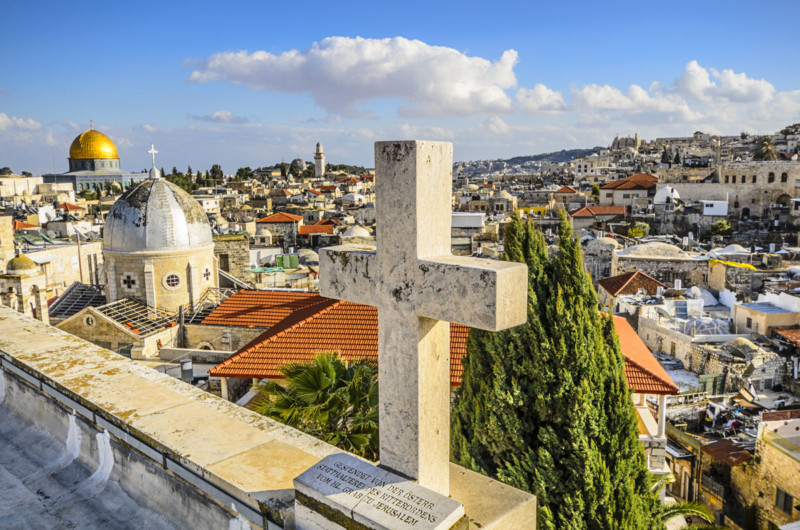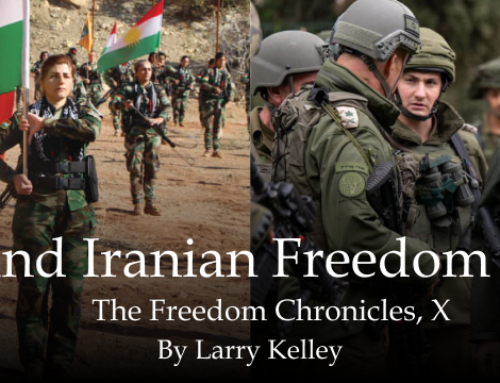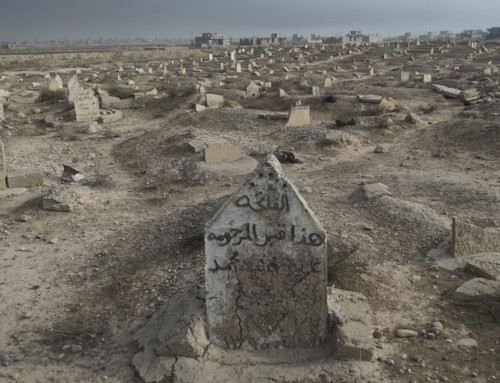On April 8, I attended a wedding reception where I was seated next to an attendee who felt the need to let me know my views regarding resurgent militant Islam were, in his view, misguided. Given that we all know about the Inquisition, the Crusades, the Hundred Years War and all the other myriad sins of Christianity—Who are we to judge Islam? So, went his commonly raised argument.
The following morning, on Palm Sunday, Americans awoke to learn that Islamist suicide bombers blew up two Coptic Christian Churches in Alexandria, Egypt, killing 50 and wounding hundreds of worshippers. This followed a December 2016 bombing of a Coptic Cathedral in Cairo that killed 25 and the horrific video released by ISIS in February of 2015 showing devoted Islamists decapitating 21 Egyptian Coptic Christians on a beach in Libya.
Sadly, given horrific Islamist violence directed at them, Christian communities which trace their origins back to the time of Christ, are disappearing from the Middle East, from their savior’s own region. Over the past half century, Christian Middle Eastern natives have left their homelands. In Syria the Christian population has fallen from 13.3 to 7.5%, in Iraq from 4.0 to 1.9%, in Jordan from 6.0 to 3.0, in Egypt 16.1 to 12.1. Soon the Islamists will get what they want—no infidels soiling their sacred sand.
In Egypt, as a family and friends gathered to bury a university student killed in the suicide attack on Palm Sunday, their grief turned to anger at their government’s inability to protect Egypt’s Christian community. Killed there was Fadi Ramsis, 22 years old, buried in the Northern Egyptian town of Tanta just a few months before he was to graduate from the university there. A college friend, Hoda Ibrahim, told the Wall Street Journal, “We’re very angry at the government. After each attack, they make promises only for it happen all over again.”
The world must not apologize for violence but hope that a reformation can occur that will destroy the Islamists’ appeal to massive numbers of today’s Muslims. And there is reason for hope. In my new book, Lessons from Fallen Civilizations, Vol. II, I write,
On New Year’s Day 2015, the president of Egypt, el-Sisi, chose the citadel of Islamic jurisprudence, the most prestigious center for Sunni religious thought, Al-Azhar, to tell an assembly of Muslim clergy that he was calling for nothing less than a “religious revolution.” He asked Muslim leaders to help in the fight against extremism, I say and repeat, again, that we are in need of a religious revolution. You imams are responsible before Allah. The entire world is waiting on you. The entire world is waiting for your word… because the Islamic world is being torn, it is being destroyed, it is being lost. And it is being lost by our own hands. We need a revolution of the self, a revolution of consciousness and ethics to rebuild the Egyptian person – a person that our country will need in the near future. It’s inconceivable that the thinking that we hold most sacred should cause the entire Islamic world to be a source of anxiety, danger, killing and destruction for the rest of the world. Impossible that this thinking – and I am not saying the religion – I am saying this thinking… This is antagonizing the entire world.
El Sisi, as the President of the largest Arab nation, is also the leader of the Muslim reformation movement.






